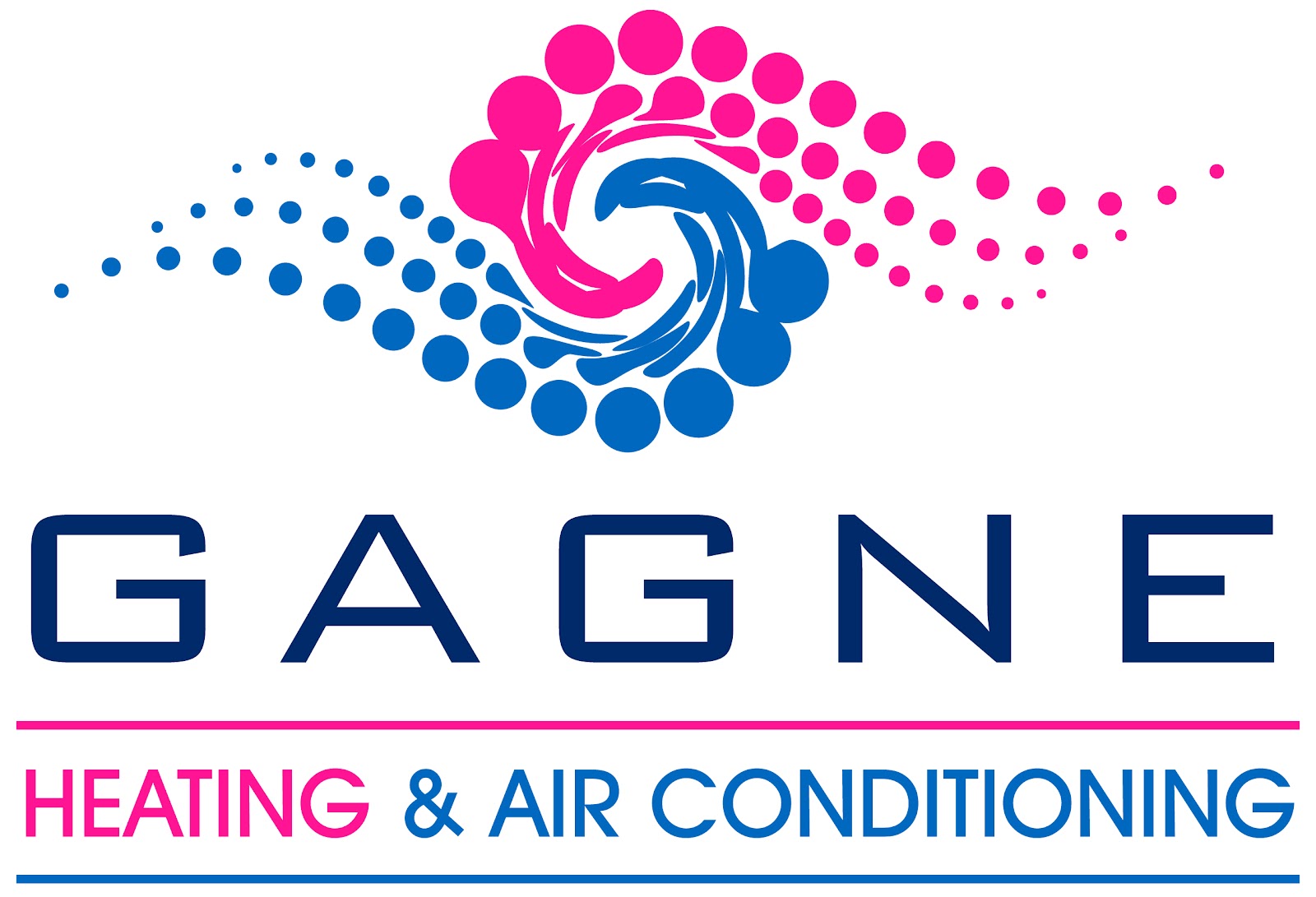Atlanta has made it onto a Forbes list, but, unfortunately, not a list that you want to see your city on.
In Forbes’ list of America’s most toxic cities, Atlanta and its surrounding suburbs was found to be the most toxic and air polluted city in the country—even topping infamously dirty cities like Detroit, Los Angeles, and Philadelphia.
It may come as no surprise to some Atlanta residents that the GatewayCity to the South has the poorest air quality of any metro in the U.S. It’s hard not to see the smog that surrounds the city. That, and Atlanta’s large industrial stake and dense population make it a prime contender for above average pollutants.
However, there are also many invisible factors that make a city toxic. Chemicals seeping into groundwater, unseen leaks at industrial complexes, and the discharge of thousands of pounds of poisons into the atmosphere all play a large role in contaminating the air, water, and ultimately the citizens of toxic cities.
To determine America’s most toxic cities, Forbes gathered information on the country’s 40 largest metropolitan areas based on data provided by the Environmental Protection Agency (EPA)—the arm of the federal government devoted to preserving our nation’s natural resources.
Researchers then tallied the number of facilities that reported releasing pollutants into the environment, the total weight of toxins released, the days per year air pollution rose above healthy levels, and the frequency with which the EPA responded to potentially hazardous environmental incidences in each metro area.
At the end of the count, Atlanta ranked the highest.
While metro Atlanta has been tagged as being the most toxic city in America, it is not just the downtown sector that is to blame. In fact, the nearby suburb of Marietta, home to numerous chemical plants and metal coaters, had toxic release levels higher than that of metro Atlanta, despite having a population of only 13% of Atlanta’s. Sandy Springs is also noted as being a significant contributor.
At Gagne AC, we offer High-Efficiency Particulate Air (HEPA) filters that remove at least 99.97% of particles greater than 0.3 micrometers in the air. HEPA filters were originally designed to prevent the spread of radioactive contaminants, then used in various high technology industries, including aerospace, hospitals, nuclear development, and pharmaceuticals.
By having a HEPA filter installed, you can be sure that outside pollutants are prevented from getting into your home through AC ducts. We may live around the city with most air pollution in the country, but that doesn’t mean you have to breathe in toxic air under your own roof.
Protect your home from air pollution by calling a certified technician to install a HEPA filter today.
